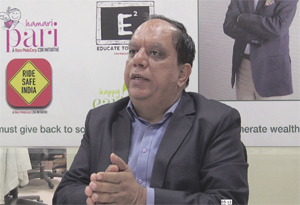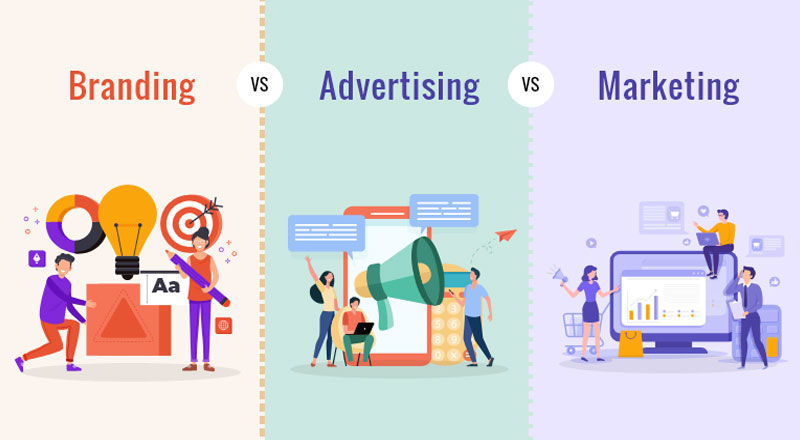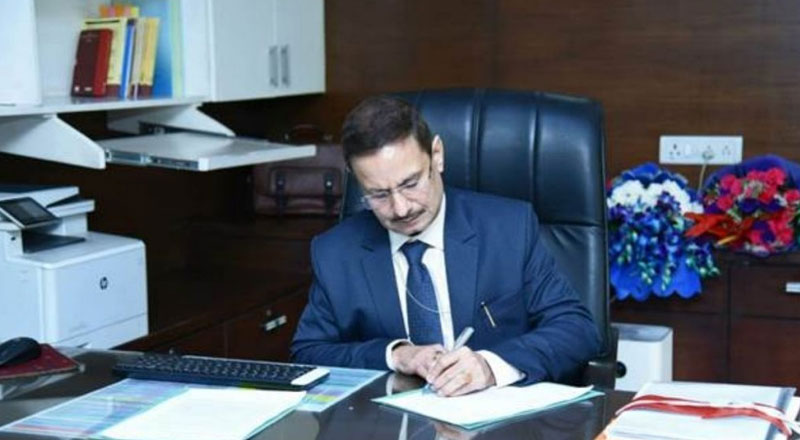It has been just 4 years that the CSR rules have been implemented in the country, but in case of Hero MotoCorp, CSR has been a part and parcel for many years now. Vijay Sethi, Chief Information Officer & Head – CSR, Hero MotoCorp shares some insights of how the CSR journey has been for the company and how the various programmes & projects impacted the society –
How has been the CSR journey for your company so far?
We at Hero MotoCorp actually wanted to do something for the society, that’s our key thing. Our motto says that we must give back to our society from whose resources we generate wealth. The objective was that while as a company we makes profits from what we sell, but at the end it also our duty to give back to the society. This is what our company has been doing in CSR for the last many years. The law has only 3-4 years back but CSR has been there for us for many years.
How you have designed your CSR project around your vision of greener, safer and equitable world?
If you look at CSR, you can work in any of the areas. But we wanted to focus on three key areas -which is greenery, safety and equitability. When we say greenery the key thing was the environment and we wanted to do something for it. We are in two wheeler business and we know that Indian roads are not considered to be very safe; the number of deaths in Indian roads is very high. We wanted to do something for road safety and that’s the 2nd piece. The 3rd area is equitable where the key thing was to do something for the under privileged and girls. And that’s where we thought we can concentrate and leverage our CSR skills.
How have these programmes impacted the lives of people?
We have programs in various areas. The programs that we do on road safety come under ‘Ride Safe India’ and there are lots of activities done where we teach people how to ride safely, right from young kids to old people. We do lots of awareness programmes in terms of movies, local natak etc. We also work with various govt agencies to ensure that we help in policy making for Indian roads. Our thought is if we can bring some behavioural changes at a young age, it would be of help to them when they will attain their driving age.
The second initiative is ‘Hamari Pari’ which is about empowering young girls and now we have also taken women into it. So it’s about providing livelihood, training, skills, education to young girls. There are close to 2000 girls whom we have supported under this programme. We are also giving training to girls in specific areas like tailoring, courses like beautician, computer and even two wheeler mechanics.
In the area of greenery, we have our initiative – Happy Earth in which we do lots of activities. We have also planted more than 7 lakh trees and our focus is not just on plantation but also survival. We also do lots of work on solar, so there are lots of villages where we are putting up solar street lights. Many such villages are in the remotest part of the country that has never seen light. So putting up solar lights in their areas was seen as
From an equitability perspective, we have worked for specially-abled people. We were the only one who supported the Paralympic athletics who went to participate in the World Para Athletics Championships in England a few weeks back and they won many medals there. So our focus is to do something for these people. We also do a lot of works for various other communities like providing mobile medical van, mobile science labs in schools etc. While it is true that we do not restrain to these areas alone, there are other works that we take up as well, but these are primarily the areas where we channelize our CSR funds.
Do you have plans to develop collaborative CSR projects?
We are open for it because 1+1 is always 11. But as of now we haven’t done any. Recently we however have launched a programme called ‘Hero Plantathon’ in which we take any area and ensure that if 1 tree is planted there, we will plant 10 more trees. Having said that lots of agencies and corporates have approached us to work collaboratively with them but these are all in the discussion stage.
How has Hero MotoCorp’s perspective and planning for CSR changed after the ‘CSR mandate’?
We have been doing CSR for many years but when the law came, lots of things got changed. We made our CSR policy which was drafted in accordance with the law. We then clubbed them into these 3 areas and put into different projects and programme mode. We also got into more rigorous auditing, impact assessment and reporting. So that’s how it has changed.
How have you integrated CSR with business strategies that contribute to the company’s bottom line?
While profit is one part of the bottom line but sustainability and equitability are equally important components a corporate. So that’s where CSR does play a huge role and the organisation itself plays a big role, right from leadership to an individual. So I see that CSR has become an integral part of our organisation and we have gone beyond CSR to involve our internal employees which we call it as ISR (Individual Social Responsibilities). So by this each of the employees are doing their bit for CSR and when we take up sudden projects, there are people who come and aid us to implement the work. So these are the kind of things that people are doing. It gives the satisfaction though it is beyond the CSR mandate or CSR funding.
What are your views on integrating CSR with corporate communication in marketing, HR?
That is a part of life. So for me, it is like integrating those things which are different – CSR, HR, Sales, because at the end of the day when I go for a particular project, I don’t differentiate the person who is doing the work or from which department is he. Because we are going as a CSR team, it does not make any difference. CSR is now an integral part of the organisation and so I do not find any wrong in integrating these departments for CSR work.
How do you see the evolution of CSR in the country?
After the law came, there has evolved a structure and people started giving CSR more attention. People have started formed a CSR community and started making a CSR structure in their organisation. So there is a huge amount of work that is happening. What I have seen in the last 3 years is that things have continuously improved a lot in terms of making CSR a formal thing in the organisations.





